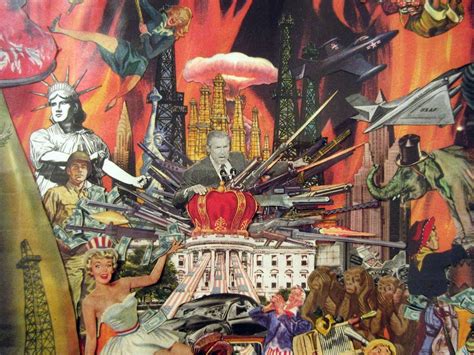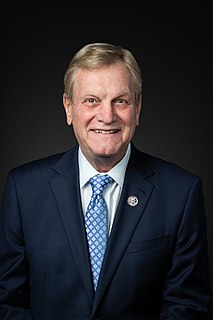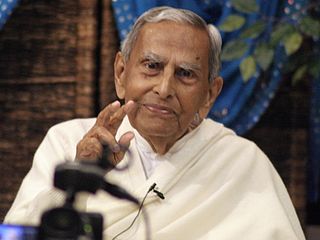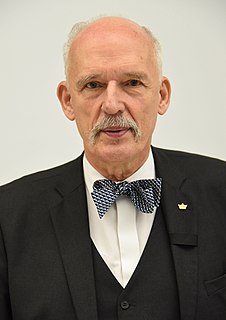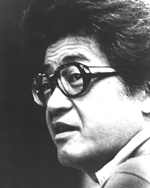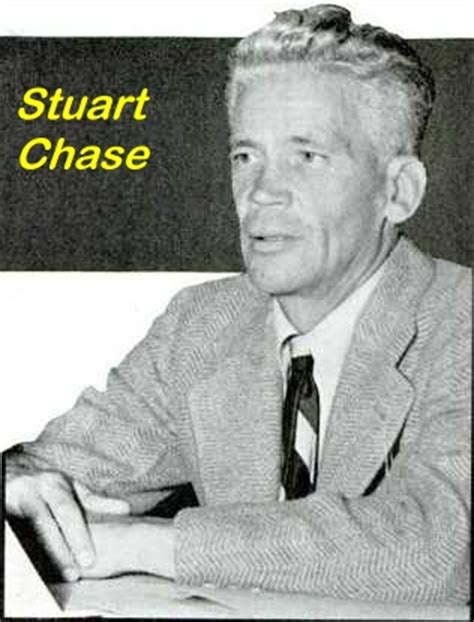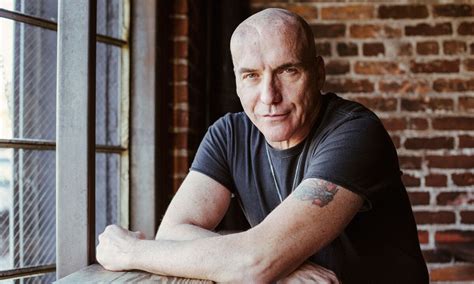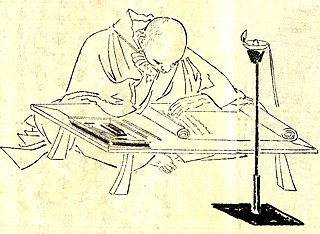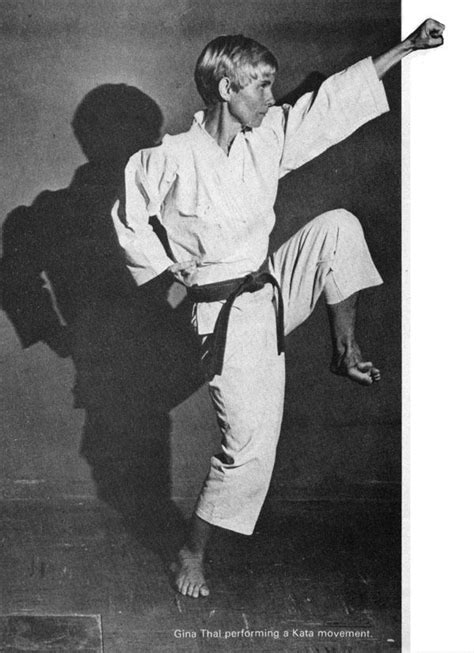Top 1200 Inevitable Death Quotes & Sayings - Page 4
Explore popular Inevitable Death quotes.
Last updated on November 19, 2024.
[N]either in war nor yet at law ought any man to use every way of escaping death. For often in battle there is no doubt that if a man will throw away his arms, and fall on his knees before his pursuers, he may escape death; and in other dangers there are other ways of escaping death, if a man is willing to say and do anything. The difficulty, my friends, is not in avoiding death, but in avoiding unrighteousness; for that runs faster than death.
If I had my life over again I should form the habit of nightly composing myself to thoughts of death. I would practise, as it were, the remembrance of death. There is no other practice which so intensifies life. Death, when it approaches, ought not to take one by surprise. It should be part of the full expectancy of life. Without an ever-present sense of death life is insipid.
There is to me about this place a smell of rot, the smell of rot that ripe fruit makes. Nowhere, ever, have the hideous mechanics of birth and copulation and death -those monstrous upheavals of life that the Greeks call miasma, defilement- been so brutal or been painted up to look so pretty; have so many people put so much faith in lies and mutability and death death death.
With apologies to the green movement, "sustainability" is a myth. History and archaeology show that societies are always moving to the edge of crisis, "falling forward" through growth, but then responding often successfully to the problems created. What we can hope for is that with a somewhat more controlled level of growth, and with longer-term preparations for change, we can keep responding to the inevitable smaller crises, as they arise, and continue to postpone until later and later the, perhaps ultimately inevitable, end of our civilization.
The Laws of Nature are just, but terrible. There is no weak mercy in them. Cause and consequence are inseparable and inevitable. The elements have no forbearance. The fire burns, the water drowns, the air consumes, the earth buries. And perhaps it would be well for our race if the punishment of crimes against the Laws of Man were as inevitable as the punishment of crimes against the Laws of Nature -were Man as unerring in his judgments as Nature.
Death is the only wise advisor that we have. Whenever you feel, as you always do, that everything is going wrong and you're about to be annihilated, turn to your death and ask if that is so. Your death will tell you that you're wrong; that nothing really matters outside its touch. Your death will tell you, 'I haven't touched you yet.
Suicide is an escape from life. What is life? An escape from death. This means that each of us must die twice. There is the death waiting for us ahead, and the death that comes pursuing from behind.... Once you are free at least from the death that comes pursuing you, you can relax and enjoy life as you go along.
I sympathize the first, the direct and single-minded attack [Red Revolution]. I believe it to have been necessary and inevitable in Russia. It may someday be inevitable in this country [United States of America]. I am not seriously alarmed by the sufferings of the creditor class, the troubles which the church is bound to encounter, the restrictions on certain kinds of freedom which must result, nor even by the bloodshed of the transition period. A better economic order is worth a little bloodshed.
The concentration camps, by making death itself anonymous (making it impossible to find out whether a prisoner is dead or alive), robbed death of its meaning as the end of a fulfilled life. In a sense they took away the individual’s own death, proving that henceforth nothing belonged to him and he belonged to no one. His death merely set a seal on the fact that he had never existed.
So to be sick unto death is, not to be able to die-yet not as though there were hope of life; no, the hopelessness in this case is that even the last hope, death, is not available. When death is the greatest danger, one hopes for life; but when one becomes acquainted with an even more dreadful danger, one hopes for death. So when the danger is so great that death has become one's hope, despair is the disconsolateness of not being able to die.
What you accomplish in life is limited only by your imagination and the fear of reprisal. Life is too fleeting and unrewarding to have to live with the added anus of indignity. The denial of one's inevitable demise is what causes most of the astringent blandness in the world. When your existence ends most certainly in death, there is no such thing as 'going too far'. There are no 'lines' you should fear to cross except the finish line. Playing it safe is the most dangerous thing you could do.
Everyone wants to be foremost in this future-and yet death and the stillness of death are the only things certain and common to all in this future! How strange that this sole thing that is certain and common to all, exercises almost no influence on men, and that they are the furthest from regarding themselves as the brotherhood of death! It makes me happy to see that men do not want to think at all of the idea of death!
Death is the end of the fear of death. [...] To avoid it we must not stop fearing it and so life is fear. Death is time because time allows us to move toward death which we fear at all times when alive. We move around and that is fear. Movement through space requires time. Without death there is no movement through space and no life and no fear. To be aware of death is to be alive is to fear is to move around in space and time toward death.
I yearn for the darkness. I pray for death. Real death. If I thought that in death I would meet the people I've known in life I don't know what I'd do. That would be the ultimate horror. The ultimate despair. If I had to meet my mother again and start all of that all over, only this time without the prospect of death to look forward to? Well. That would be the final nightmare. Kafka on wheels.
Narrative and metaphysics alike become flimsy and frivolous if they venture too far from the home base of all humanism - the single, simple human life that we all more or less lead, with its crude elementals of nurture and appetite, love and competition, the sunshine of well-being and the inevitable night of death. We each live this tale. Fiction has no reason to be embarrassed about telling the same story again and again, since we all, with infinite variations, experience the same story.
They alone live whose lives are in the whole universe, and the more we concentrate our lives on limited things, the faster we go towards death. Those moments alone we live when our lives are in the universe, in others; and living this little life is death, simply death, and that is why the fear of death comes.
The opposite of compromise is not integrity. The opposite of compromise is not idealism. The opposite of compromise is fanaticism and death. And yes, I know one or two things about fanaticism and death, and I reject them. The alternative to fanaticism and to death is not some miraculous realization that someone has been wrong and he has to apologize. No, the answer to fanaticism and to death is curiosity and compromise and concession.
Death is a part of all our lives. Whether we like it or not, it is bound to happen. Instead of avoiding thinking about it, it is better to understand its meaning. We all have the same body, the same human flesh, and therefore we will all die. There is a big difference, of course, between natural death and accidental death, but basically death will come sooner or later. If from the beginning your attitude is 'Yes, death is part of our lives,' then it may be easier to face.
There is an essential difference between the decease of the godly and the death of the ungodly. Death comes to the ungodly man as a penal infliction, but to the righteous as a summons to his Father's palace. To the sinner it is an execution, to the saint an undressing from his sins and infirmities. Death to the wicked is the King of terrors. Death to the saint is the end of terrors, the commencement of glory.
Death is the moment of form dissolving. When that dissolving is not resisted, an opening appears into the dimension of the sacred, into the One formless, unmanifested Life. This is why death is such an incredible opportunity. There is no transformation of human consciousness without the dissolving that death brings.
For Death must be somewhere in a society; if it is no longer (or less intensely) in religion, it must be elsewhere; perhaps in this image which produces Death while trying to preserve life. Contemporary with the withdrawal of rites, Photography may correspond to the intrusion, in our modern society, of an asymbolic Death, outside of religion, outside of ritual, a kind of abrupt dive into literal Death.
Rosencrantz: We might as well be dead. Do you think death could possibly be a boat? Guildenstern: No, no, no... Death is...not. Death isn't. You take my meaning. Death is the ultimate negative. Not-being. You can't not-be on a boat. Rosencrantz: I've frequently not been on boats. Guildenstern: No, no, no--what you've been is not on boats.
The conquest of the fear of death is the recovery of life's joy. One can experience an unconditional affirmation of life only when one has accepted death, not as contrary to life, but as an aspect of life. Life in its becoming is always shedding death, and on the point of death. The conquest of fear yields the courage of life. That is the cardinal initiation of every heroic adventure - fearlessness and achievement.
Death did not first strike Adam, the first sinful man, nor Cain, the first hypocrite, but Abel, the innocent and righteous. The first soul that met with death, overcame death; the first soul that parted from earth went to heaven. Death argues not displeasure, because he whom God loved best dies first, and the murderer is punished with living.
I don't necessarily view death as something negative. Death gives meaning to life. Living in fear of death is living in denial. Actually, it's not really living at all, because there is no life without death. It's two sides of the one. You can't pick up one side and say, I'm just going to use the 'heads' side. No. It doesn't work like that. You have to pick up both sides because nothing is promised to anyone in this world besides death.
Death is not regarded as a natural affair by primitive man. Death is believed to be due to the intervention of some malevolent or at least not well disposed power. Normally it should not take place. So we have all through history crude explanations of death, as e.g., the influence of the serpent, the devil, sin.
